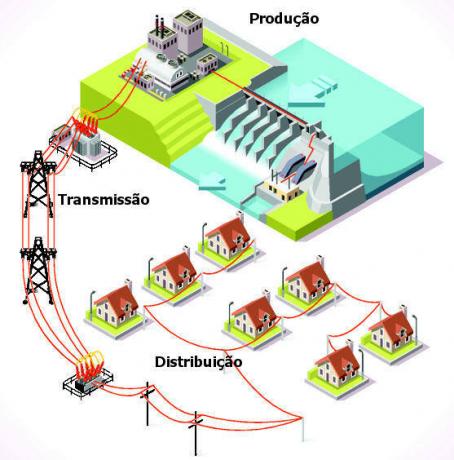Brazil, Paraguay, Uruguay and Argentina announced on December 2, 2016 the Venezuela's suspension from Mercosur indefinitely. Mercosur is an economic bloc that was created by the Treaty of Asuncion in 1991. Its founding members were the four who decided to suspend Venezuela, which despite until then it carried the title of permanent country, it was not a founding country, as it entered the bloc in 2012.
Why was Venezuela suspended from Mercosur?
A number of factors motivated the four permanent countries, and therefore the only ones with the right to vote, to decide to suspend the fifth permanent member. Factors that date back to the country's entry into the bloc and that mix justifications from different origins culminated in the decision. Let's see:
technical motivation
The official justification is that Venezuela failed to comply with the obligations assumed in the Accession Protocol and, therefore, lost all rights to participate in the bloc. According to the Brazilian Ministry of Foreign Affairs, Venezuela failed to comply with 75% of the treaties and 20% of the 1,224 technical norms established.
political motivation
THE Venezuela's entry into Mercosur, as well as its suspension, occurred in a controversial way. The country was accepted as a permanent member in 2012, at the same time that Paraguay was suspended. Venezuela was sponsored by the governments of Dilma Rousseff, of Brazil, and Cristina Kirchner, of Argentina, on the occasion of their entry, which, according to analysts, was more politically than economic, given that the country was already in crisis.
O Dilma Rousseff's impeachment and the subsequent inauguration of Michel Temer, in addition to the election of Maurício Macri, in Argentina, which are opponents of its predecessors and of Venezuelan politics, amplified the intentions to withdraw from the Block Venezuela.
economic motivation
Venezuela has almost its entire economy dependent on a single product: oil. This characteristic has made this country considered the richest in Latin America. However, with the global drop in the value of black gold from 2013, the country entered a crisis that reached its peak in 2016 – the year of suspension of Mercosur. The crisis is so intense that basic supplies such as food, water and electricity are lacking.
As the bloc has essentially economic interests, the current situation in Venezuela has made the tolerance for non-compliance with the rules by the member country to be extinguished.
Future of Venezuela in Mercosur
The suspension notification states that the decision is valid until the country meets "the conditions to re-establish the exercise of its rights" in the economic bloc. However, this statement only increases the uncertainty that hovers over the country. The future of Venezuela, assuming the current economic and political situation of the country and of ex-partners, requires much more effort than just achieving adaptations to technical standards and translated.
* Image credits: Alf Ribeiro – Shutterstock.com
By Amarolina Ribeiro
Graduated in Geography
Source: Brazil School - https://brasilescola.uol.com.br/geografia/suspensao-venezuela-mercosul-2016.htm


